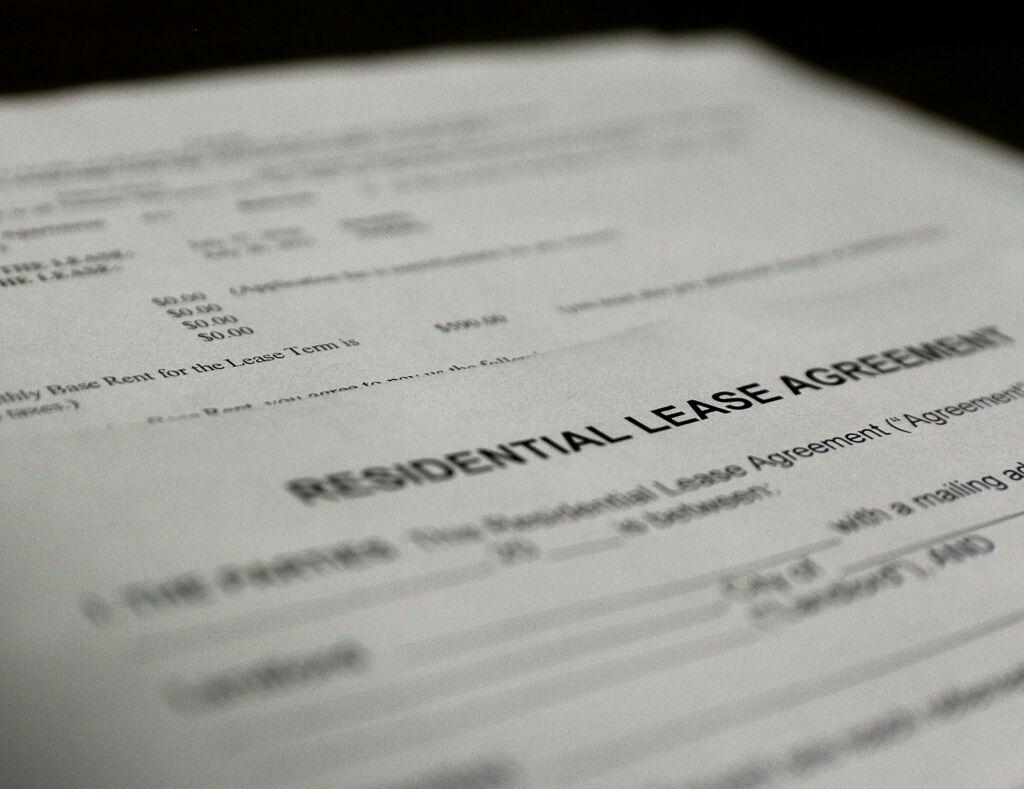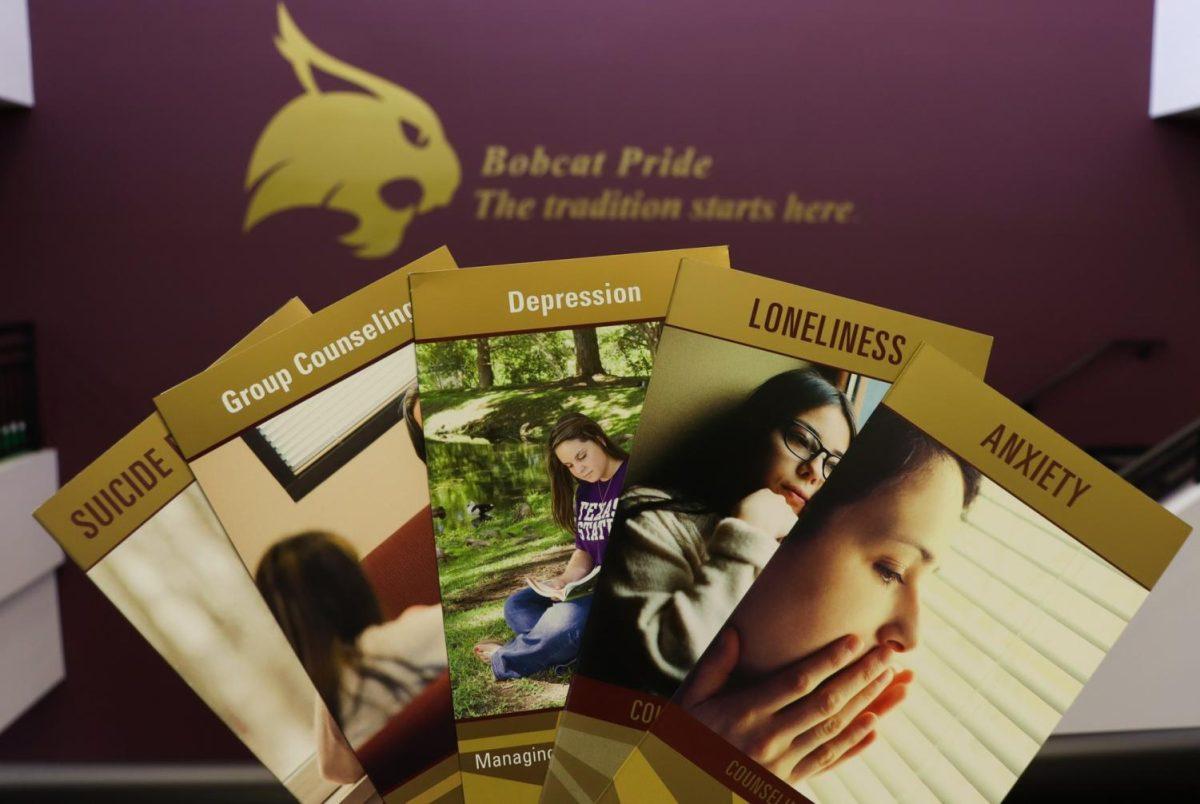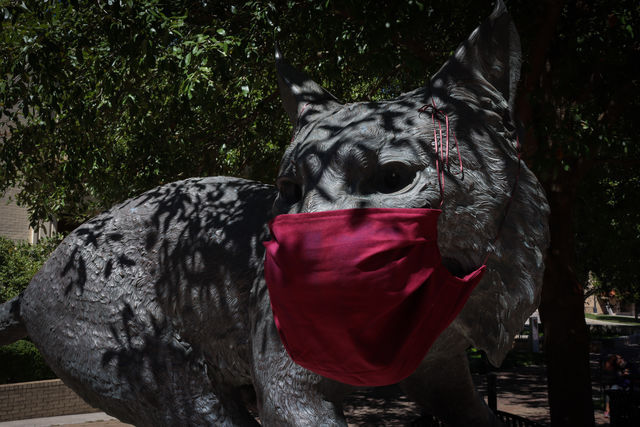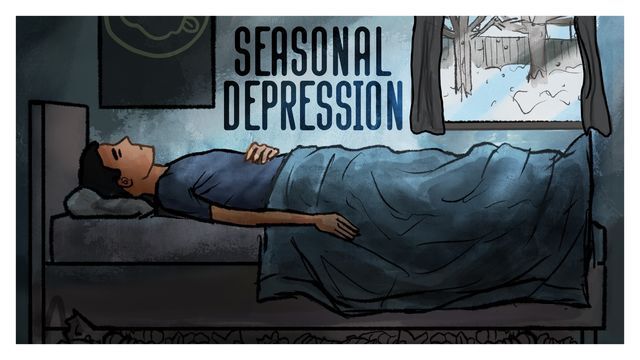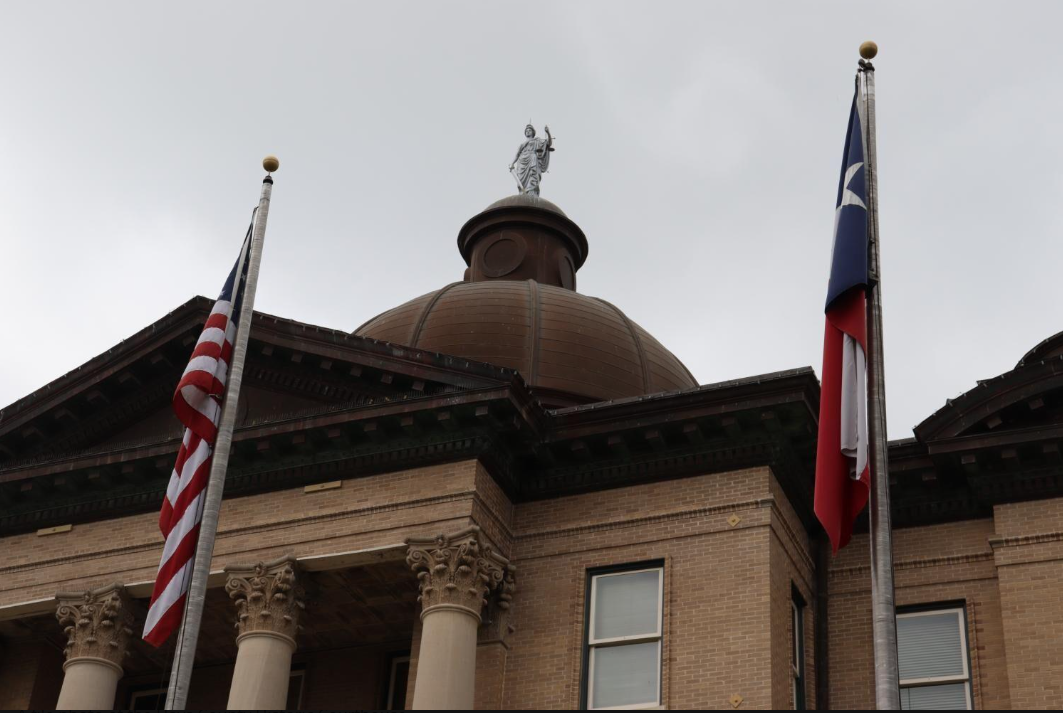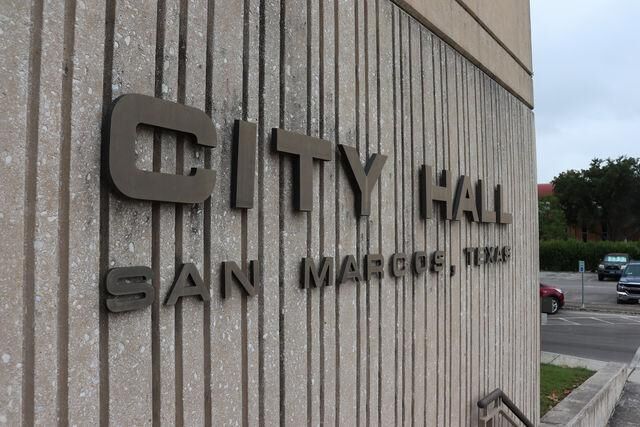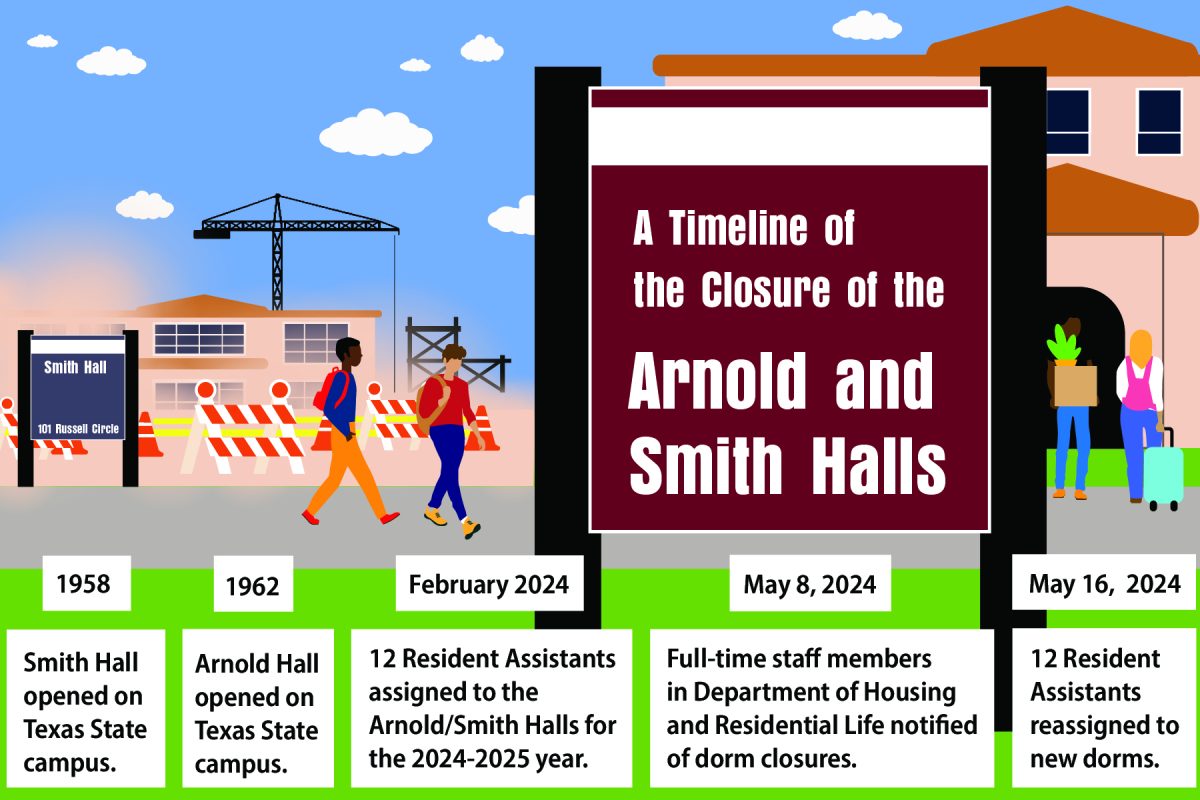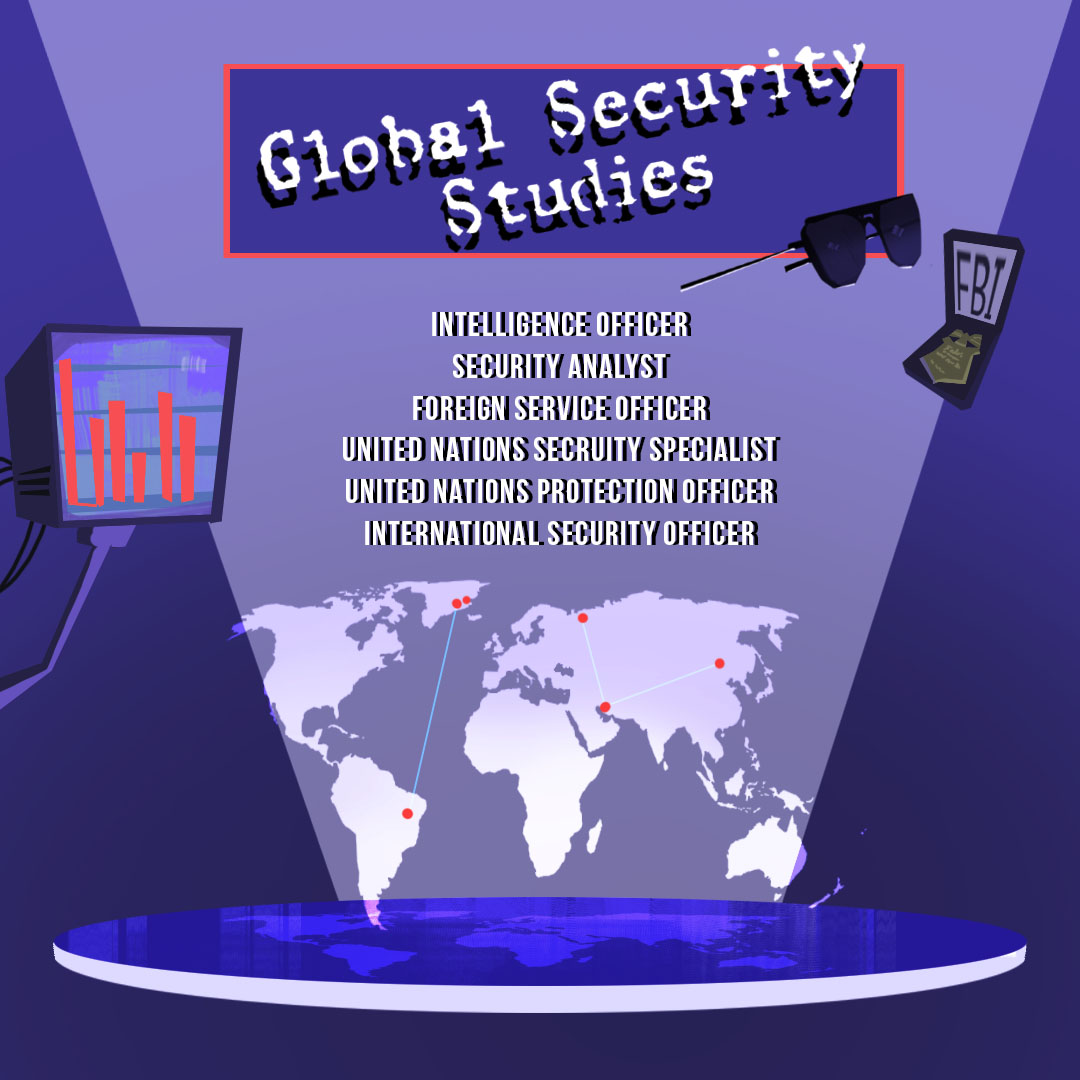Texas State students are working together to pressure the City of San Marcos and university officials for aid in finding housing solutions in changing circumstances and campus closure.
Student Mobilization
Math Senior and Pharmacy Technician Erika Pulido thought she would easily be able to sublease her room in a five-bedroom cottage at Hillside Ranch – she had no problems when she subleased her one bedroom with the same complex in the past.
“It’s not a very safe environment to be in. I already work in a high-risk job,” Pulido said. “So this go-around, I was like, ‘I’d like to do the relenting fee, I’ve done this before.’ Well, obviously since the pandemic going on, they started giving me misinformation and trying to make it really hard for me to negotiate a way out of my lease or trying to leave my lease in the proper way.”
According to the Hillside Ranch lease Pulido signed, if a person is trying to sublease the apartment, a fee of 80% of one’s month’s rent is to be used by the management company to clean the apartment, show it to potential clients and advertise the vacancy.
However, when Pulido went into her apartment’s front office to pay her relenting fee for management to find her someone to take over the rest of her lease, she was told the task of finding a subletter still fell on her. The potential subletter would also need to not only sign for the remainder of Pulido’s lease but also sign for another whole school year, which Pulido says is contrary to the information in her lease.
“One person is (saying) ‘you’re gonna pay the money and you have to find the person,’ the other person says, ‘you have to pay the money and find the person,’ the third person when I finally corrected them and said the lease states this money goes toward (the apartment) finding my person, or I can go a different route and find my own person, have them sign for a year and that (fee) will be waved,” Pulido said. “These are two different parts of the week, and I’ve been told three different things.”
Pulido is like many other students who are struggling to come to a consensus with their apartment companies about how to approach paying rent or breaking out of a lease during the COVID-19 pandemic, which has left many unemployed or forced to return home.
While some students have attempted to get answers from those large management companies individually, a group of students have begun mobilizing community members in hopes of enacting city or county-wide changes to the housing market.
A Facebook group called “Housing Rights – San Marcos/TXST (COVID-19 edition)” was created March 23, 2020, by MOVE Texas to gather testimonials from students facing issues with their landlords or management company. However, the group quickly grew into a movement led by students across apartment complexes who are organizing to pressure landlords to revise their policies during the pandemic.
Rhett Parr, social work senior, first became involved in the group through her connections with MOVE Texas, helping them collect testimonials. However, she quickly started receiving messages in her inbox and direct messages with questions from students about how to deal with rising housing issues.
The students involved in this Facebook group have been holding video call meetings to discuss their goals. According to Parr, this has been condensed down to three aspects.
“As students, we can use whatever power and leverage we have to get support from the university, whether that be putting pressure on landlords… or giving their students funding, whatever capacity, they can do,” Parr said. “We need more county and city solutions. With the same powers that (the county) used to do the stay-in-place shelter, I do believe they can put policies in place like asking companies to waive late fees, postponing rent.”
The third aspect of the group’s tactic is a rent strike, which Parr hopes will also bring together working-class people and the rest of the community.
“We want to make sure that we’re reaching those who might not have leverage from the university,” Parr said. “We’re working to find more solid, long term solutions through the city, the county, the university. We’re gonna have to use the rent strike, I’m afraid… as leverage to say, look at all of these people who are going to be unable to pay their bills.”
Community Solutions
Texas Gov. Greg Abbott signed an order April 6 halting all evictions until April 30. And the Hays County Justice of Peace Courts is placing all evictions on hold until after May 8.
The City of San Marcos also recently passed an ordinance April 7 requiring landlords to provide a notice of proposed eviction prior to issuing an actual notice to vacate. It requires landlords to provide tenants with a 90-day period to cure any delinquency as a result of the COVID-19 pandemic.
Bipartisan legislation was passed March 27, by Congress to aid individuals affected by the coronavirus. The CARE Act provides relief for homeowners and renters by “enabling payment forbearance for federally backed mortgages, requiring a foreclosure and eviction moratorium for homeowners with such mortgages, and imposing an eviction moratorium for renters in federally supported housing.”
On April 8, Texas State sent out an email reminding students of the binding nature of their leases and the university does not have the authority to change or cancel a lease between a landlord and a tenant.
“We’ve got several concerns people had about their off-campus housing, and a part of the reason I put (the email) together was to give them some resources to use,” Joanne Smith, Vice President for Student Affairs, said. “And really, the big thing was to make sure that they are in communication with their landlords about their particular situations. As a university, we don’t really have any authority to make people do anything. We are working with them and we’re making them aware of all of the scenarios that students are having.”
Smith confirmed the Department of Housing and Residential Life is currently complying a list of what every apartment complex is doing to meet the needs of residents during the pandemic. However, the list is not public record. The University Star has submitted an open record request in an attempt to obtain a copy of this list.
“Obviously, none of us planned for this to happen. And I think we’re all adapting and trying to work with this as best as possible, understanding what we need to do to try to assist each other. We’re asking everybody to be patient,” Smith said. “I believe we’re all working towards the same goal of trying to mitigate the situation we’re in and deal with the circumstances that we find ourselves in.”
While students are working to get city and county leaders involved in this issue, their main goal is to educate people on what they can and can’t do at this time when it comes to housing.
“The point is for us to inform people about what’s happening with housing, and then tell them we’re working on these things,” Parr said. “But worse comes to worst, (the rent strike) might have to be our last resort, but rent strikes only work with a lot of supporters. And that includes people who may be still can pay their rent, but want to stand in solidarity with those who can’t.”
For now, students will have to work out a deal privately with their apartment complexes when it comes to adjusting rent or breaking out of a lease during this unprecedented pandemic.
“I am lucky enough to be able to pay my rent so this is more so something I want to do because I don’t agree with how (the apartment complex is) handling the situation,” Pulido said. “I don’t agree with them telling me lies to try to get me to say, and I do have the time and ability to be like, ‘no, we’re going to negotiate something because this isn’t right.’ You shouldn’t be able to take advantage of students like this. One person (being) able to negotiate something with them, it may make them more willing to allow other people to do that or negotiate because they’re gonna start losing money.”
The University Star will update this story with additional data and updated findings collected by Senior News Reporter Sandra Sadek. To contribute to the story, view this document. Students with legal questions or concerns should contact the Attorney for Students Office at 512-245-2370.
For more information on what actions are being taken by the city of San Marcos to aid tenants with paying rent and utilities, visit their Tenant Resource webpage and their Utility Customer Services webpage. Texas State University also has a COVID19 webpage with resources available for students.
Individuals concerned about possible exposure to COVID-19 are encouraged to contact their healthcare provider or the Hays County Local Health Department at 512.393.5520. For additional information about COVID-19, visit the Texas Department of State Health Services or the Centers for Disease Control website.
The University Star’s COVID-19 coverage can be found here.
Students and apartment complexes clash during COVID-19 pandemic
Students expressed struggles with coming to an agreement with apartments about how to approach paying rent or breaking out of a lease during the COVID-19 pandemic, a time when workers across the country are being furloughed and the unemployment rate is rising at an alarming rate.
Your donation will support the student journalists of Texas State University. Your contribution will allow us to purchase equipment and cover our annual website hosting costs.











